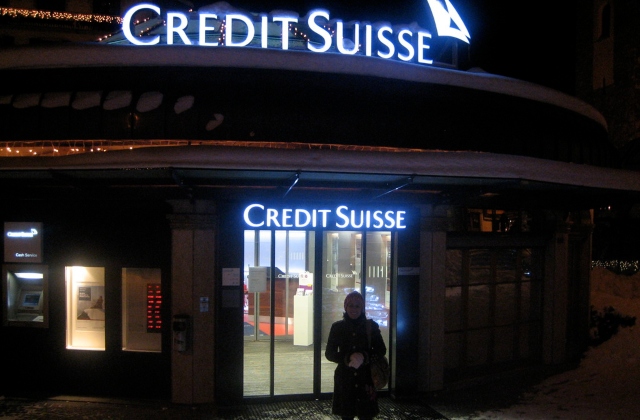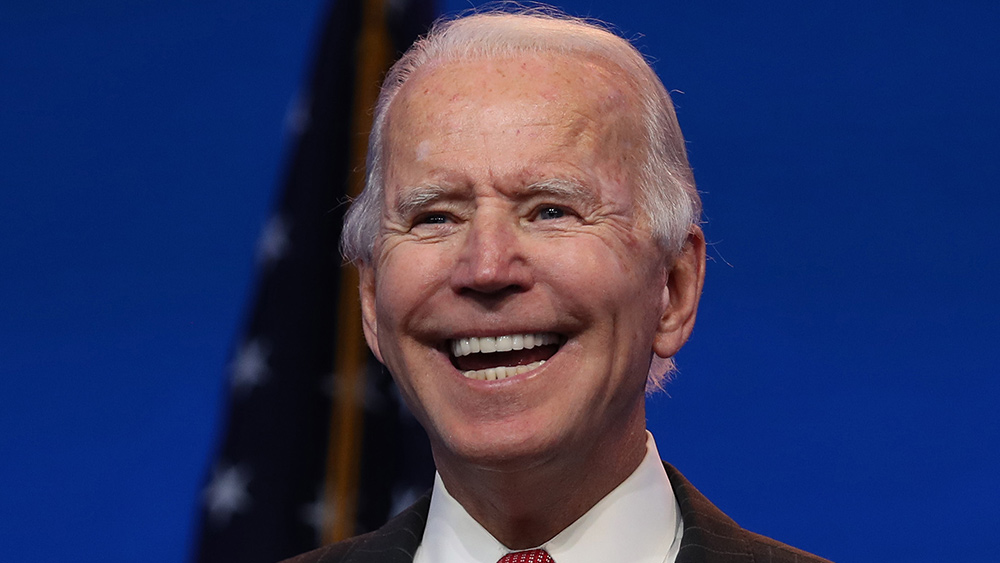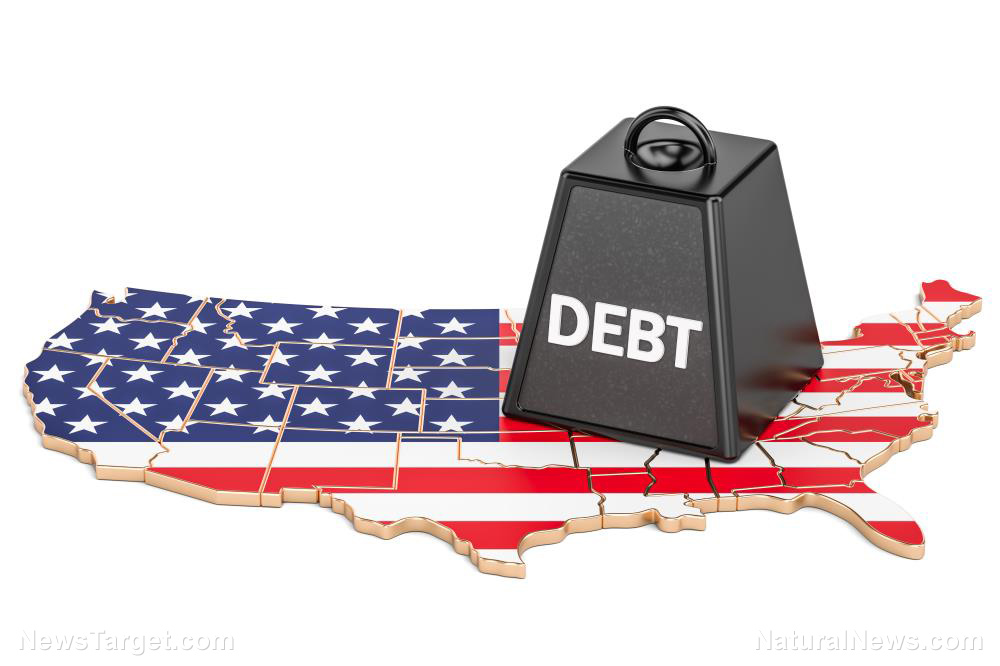Zimbabwe’s central bank to issue GOLD-backed digital currency in effort to stabilize runaway inflation
04/26/2023 / By Ramon Tomey

The southern African nation of Zimbabwe has announced that it will introduce a gold-backed digital currency.
CoinTelegraph reported that the move by the Reserve Bank of Zimbabwe (RBZ) seeks to stabilize the local currency amid continued depreciation against the U.S. dollar. The Zimbabwe dollar (Z$) currently trades at Z$1,001 to $1. However, the rate for the U.S. dollar is Z$1,750 when exchanged on the streets of the capital Harare.
According to the RBZ, the gold-backed digital currency will serve as legal tender in the country. The Sunday Mail also reported that the move will allow small amounts of Zimbabwe dollars to be exchanged for the digital gold token. This will enable more Zimbabweans to hedge against currency volatility, the paper added.
“We shall soon be introducing digital gold tokens to ensure that those with low amounts of local currency are able to purchase the gold units so that we leave no one and no place behind,” said RBZ Gov. John Mangudya. (Related: Zimbabwe’s rollout of gold coins is a smashing success as cratering dollar will lead other nations, U.S. states, to do the same thing.)
“What we have noticed is that demand for foreign currency, apart from being driven by the need to import goods and services in Zimbabwe, is also viewed as a store of value. It means anyone with local currency would want to convert it to foreign currency. We are addressing this demand for [a] store of value by increasing the gold coins in the market so we can manage that demand.”
Zimbabwe needs more gold reserves for this token
The RBZ governor also remarked that the exchange rate between the Zimbabwe and U.S. dollars in the parallel market is expected to stabilize after tobacco farmers receive their payments in the coming weeks.
“The movements in the parallel market rate are mainly because of the expectations of increased foreign currency supply in the market when the tobacco marketing season opened. However, the supply of foreign currency over the past three weeks has been lower than expected. That expectation raised the rates because people thought there will be more money in the market,” said Mangudya.
“With the start of the tobacco marketing season, most of the funds have been going toward servicing tobacco contractors’ obligations. Now, the money will start flowing into accounts of the growers themselves [by the] end of this month. That is when most of them will start receiving their U.S. dollar portions.”
However, RBZ monetary policy committee member Persistence Gwanyanya pointed out that Harare needs gold worth $100 million to kick-start this endeavor.
“Any amount around or less than $100 million will be able to deal with our challenge in a big way,” he said during a phone interview. “We expect the [RBZ] to bring a respectable quantity that can stabilize the Zimbabwe dollar and boost demand.”
Zimbabwe has 350 kilograms (12,346 ounces) of gold in its reserves. That amounts to just over $22 million.
Meanwhile, RBZ Deputy Gov. Innocent Matshe said the central bank is finalizing a date to start the gold-backed digital currency. However, he declined to comment on the value of gold, which will be used to back the digital token.
“It’s a concept which is pretty straightforward – we tokenize the gold, we have the gold. Every time we issue a coin, it is backed by real gold. We are still finalizing the details, but most countries are asking us how we came up with that plan,” Matshe said in a phone interview.
Watch Lynette Zang explaining who benefits with Zimbabwe’s issuance of gold coins below.
This video is from the What is happening channel on Brighteon.com.
More related stories:
Central banks all over the world are buying gold at a furious pace.
Central banks continue their streak of accumulating more gold in 2023.
Sources include:
Submit a correction >>
Tagged Under:
Bubble, Collapse, currency crash, currency reset, digital currency, digital token, economic riot, exchange rate, finance riot, gold report, gold-backed token, market crash, money supply, Reserve Bank of Zimbabwe, risk, Us Dollar, Zimbabwe, Zimbabwe dollar
This article may contain statements that reflect the opinion of the author
RECENT NEWS & ARTICLES
COPYRIGHT © 2017 RISK NEWS



















